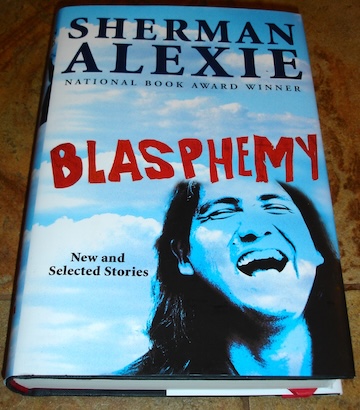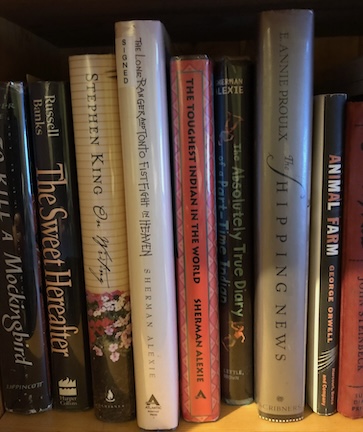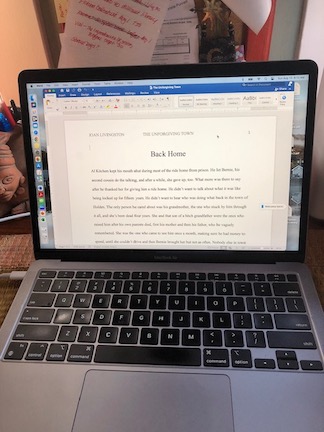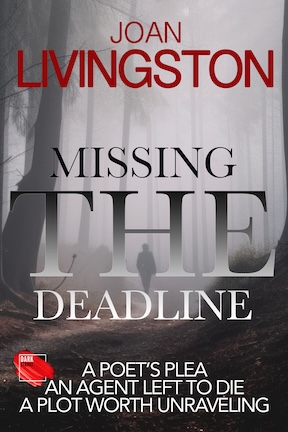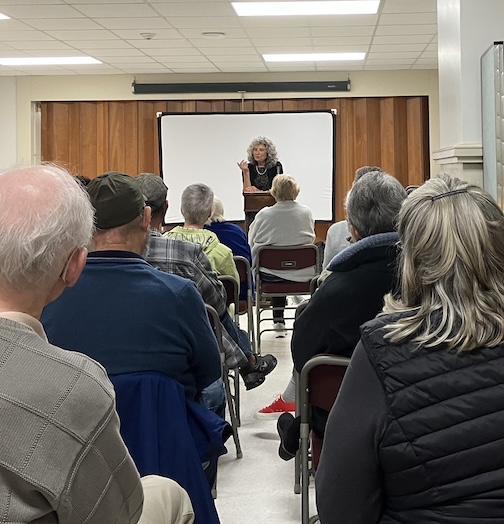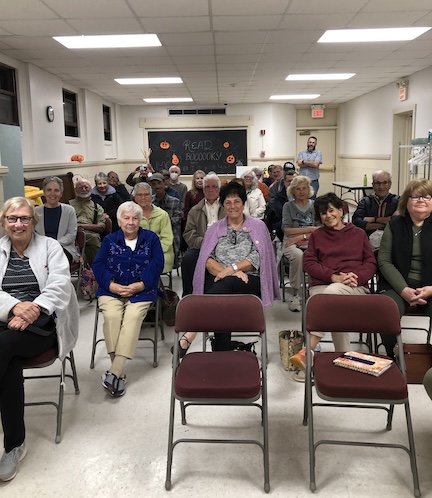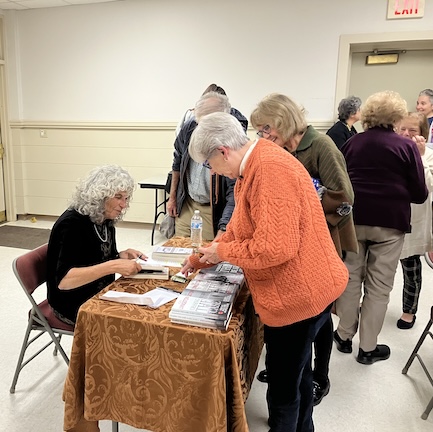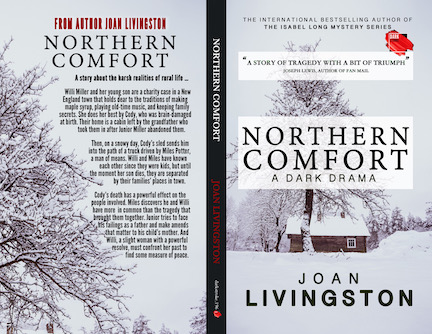As I’ve said before, bars are a constant in my adult fiction. Sometimes, as in Northern Comfort, my most recent release, or my Isabel Long Mystery Series, there is more than one. These watering holes always have a purpose in the plot.
For many small rural towns, say a thousand or so people, bars are gathering spots for the locals, and in my novels they are an opportunity to have characters react to one another, sometimes good, sometimes not so good. For Isabel Long, working Friday nights at the Rooster has had more than one benefit — good sources for her investigations and the relationship she developed with its owner, Jack. But for this post I am going to concentrate on the bars in Northern Comfort, which is not part of the series.
Personally, I’ve enjoyed the time I’ve spent in bars or brewery taprooms, conversing, listening to music, and maybe dancing with my husband. They are also a great place to people watch, a definite hobby of mine.
One of the books in the mystery series, Working the Beat, is dedicated to Steve and Diane Magargal, the former owners of Liston’s in Worthington, which Hank and I frequented when we lived in that Western Mass. hilltown. The Rooster is not Liston’s, but it certainly inspired it, that and when I tended bar for a long-closed restaurant in the same town.
Unlike the Rooster, the bars in Northern Comfort are more on the seedy side. There’s the Bull’s Eye Tavern in a small New Hampshire town where Junior Miller now lives. Ever the opportunist, Junior lives with the bartender although he suspects their relationship is nearing its end. He will stick it out in her trailer until spring. One night, he gets an important call at the Bull’s Eye concerning news that his young son, who he abandoned, was killed in a sledding accident. (The book takes place prior to cell phones.)
Then there’s the Pine Tree Tavern in Hayward, where Junior used to live and where the accident happened. The Pine Tree has a few significant scenes, like when Willi Miller goes there for the first time at the insistence of her bossy sister, Lorna, and Junior’s encounters with the man who was driving the truck that accidentally killed his son.
To increase the drama, I purposely made the clientale at both taverns to be on the rough and tumble side, and strictly for townies. Snowmobiles, pickups, and junks filled the parking lot.
Here’s the scene from the Bull’s Eye when Junior gets that call from Lorna.
“Hey, Lorna, that really you?” he said into the phone. “How the hell are you?”
“Yeah, yeah, it’s me all right. I finally tracked you down.”
He strained to hear Lorna’s voice over the noise. “Track me down. What for? Your sister put you up to this? This about money again?”
Lorna was silent. “No, it’s not about money. It’s about Cody. He was in an accident.” She paused. “Cody died, Junior. Yesterday.”
Junior held the phone tighter to his ear. “What’d you say? You gotta speak up. It’s so damn loud in this bar.”
“Your boy died in an accident yesterday.”
“What’d you say, Lorna? I still can’t hear you.”
Junior felt a heavy hand on his back. One of the guys from the lumberyard tried to get his attention. The man grinned beneath his beard.
He heard Lorna say, “Junior, you listening to me?”
Junior put his hand over the receiver. “Hey, buddy, not now. I’m on this call.” He was back on the phone. “Start over.”
Now, Lorna was practically yelling into the receiver. “Cody. Cody’s dead.”
His voice matched hers. “What do you mean Cody’s dead? What the hell happened?”
Sherrie and the guys around him stared. He didn’t care.
“He was on a sled,” Lorna said. “He got away from Willi and he slid down that hill behind her house and at the bottom he crashed into a truck.” Another pause. “The doctor said he died right away. He didn’t suffer.”
Junior gripped the phone. The news slammed him like that guy’s hand. He closed his eyes. “Lorna, tell me. Who was driving the truck?”
“Miles. Miles Potter.”
“That asshole didn’t do somethin’ to keep outta my boy’s way?”
“The cops say it wasn’t his fault.”
Junior tried to swallow. “Not his fault?”
“That’s what they said.”
“Sure.”
“You gonna come to his funeral? It’s Monday. The whole town’s gonna be there.”
“Funeral.”
Junior’s heart revved like the engine of his snowmobile. He listened to Lorna talk about the funeral plans. “You don’t have to worry about money ’cause the funeral home’s doin’ everything for free,” she said. “The pastor helped work that out. The old ladies at the church are taking care of the food for the reception afterward.”
He heard half the words Lorna said.
“How she doin’?”
“How do you think Willi’s doin’? She’s taking it really hard. I’m staying with her.”
Junior tried to remember the last time he saw Willi and their boy. Maybe it was around Christmas after the old man died. She made it clear she wanted nothing to do with him. Neither did the boy. It got real easy to forget he ever knew them.
“Okay.”
“You gonna come to the funeral or not?” Her voice had a sharp edge.
“When is it?”
“I told you Monday. In the afternoon.”
“I gotta tell my boss. I’ll call Pop.” He glanced up at Sherrie. She was pouring beer into a pitcher for a waitress. “Lorna, I need to ask you somethin’.”
“What?”
“How old was Cody?”
“You dunno? Shit, Junior, he was seven.”
ABOUT THE IMAGE ABOVE: That’s the full cover for Northern Comfort, which will be available in paperback very soon.

